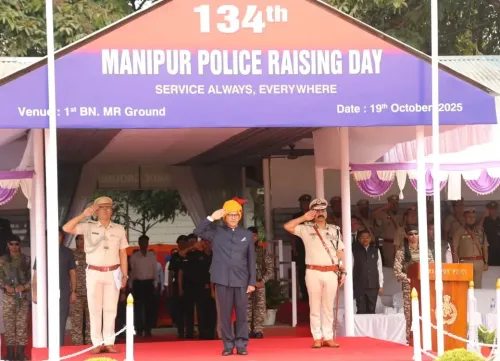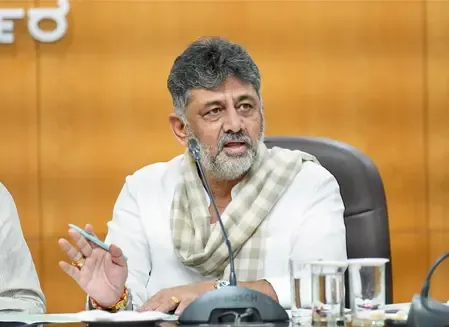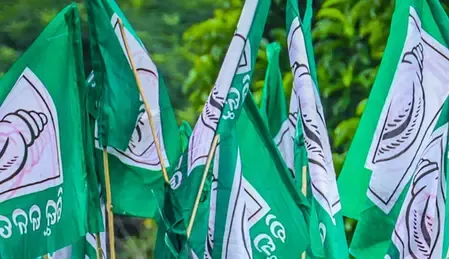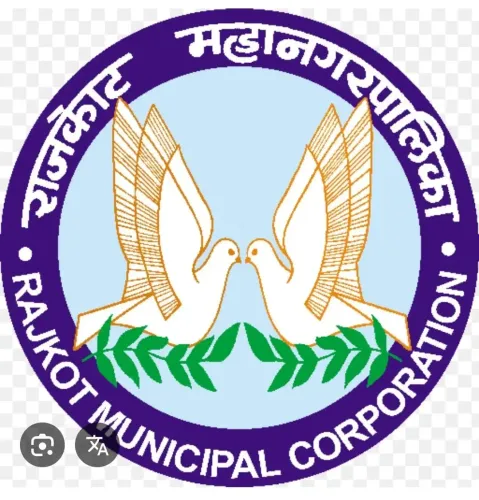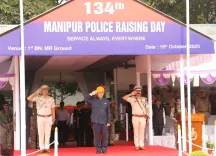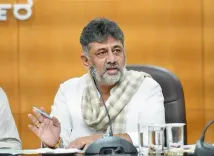Is the Aadi Karmayogi Abhiyan the Largest Movement for Tribal Development?
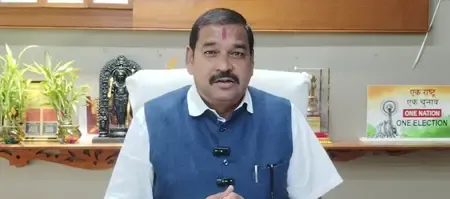
Synopsis
Key Takeaways
- Aadi Karmayogi Abhiyan is the largest initiative for tribal development in India.
- Focuses on last-mile delivery of welfare schemes.
- Engages multiple departments to ensure success.
- Empowers 20 lakh young leaders for service and governance improvement.
- Linked to national frameworks for tribal welfare.
Gandhinagar, Sep 2 (NationPress) The Aadi Karmayogi Abhiyan, initiated to ensure the effective delivery of tribal welfare programs, is set to be implemented in every city across Gujarat, as announced by Tribal Development Minister Dr. Kuber Dindor on Tuesday.
During a press briefing, he highlighted that numerous departments associated with tribal welfare have been engaged to ensure the success of this initiative.
Dr. Dindor emphasized that the Aadi Karmayogi Abhiyan represents the nation’s most extensive grassroots movement aimed at building tribal leadership, intending to instigate significant changes in governance and service delivery in tribal regions.
“This initiative is driven by a commitment to service and determination. Its primary goal is to establish a governance framework centered around the people, fostering responsive governance through comprehensive capacity building and leadership development in tribal communities,” he stated.
Additionally, he mentioned that the Aadi Karmayogi Abhiyan focuses on cultivating leadership and enhancing service delivery in tribal regions.
The initiative is part of the larger framework of the Pradhan Mantri Janjati Adivasi Nyaya Maha Abhiyan (PM-JANMAN) and Dharti Aaba Janjatiya Gram Utkarsh Abhiyan (DAJGUA), which operate under the Ministry of Tribal Affairs (MoTA). The campaign encompasses 0.1 lakh tribal-populated villages, 3,000 tribal talukas, over 550 tribal districts, and spans across 30 states and Union Territories in India.
The Tribal Development Minister further noted that, under the leadership of Chief Minister Bhupendra Patel, this initiative will be conducted in 15 tribal districts, 94 talukas, and 4,245 villages within Gujarat.
This program places a significant emphasis on training 20 lakh transformational leaders. These emerging leaders will be equipped to understand and address the challenges and needs faced by the tribal populace.
“Our campaign is fueled by the spirit of service, dedication, and resolve, and it strives to enhance multi-level capacity building as well as accountable governance in tribal regions,” he concluded.

